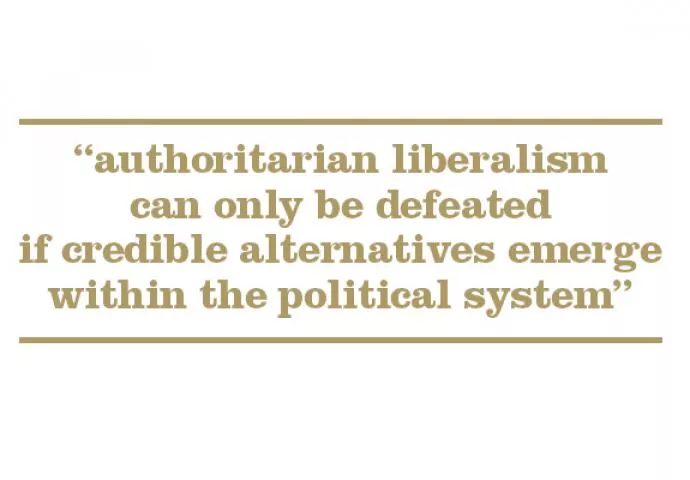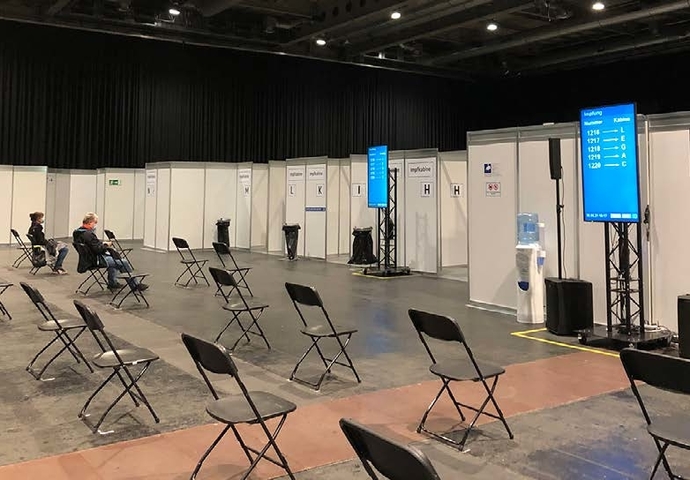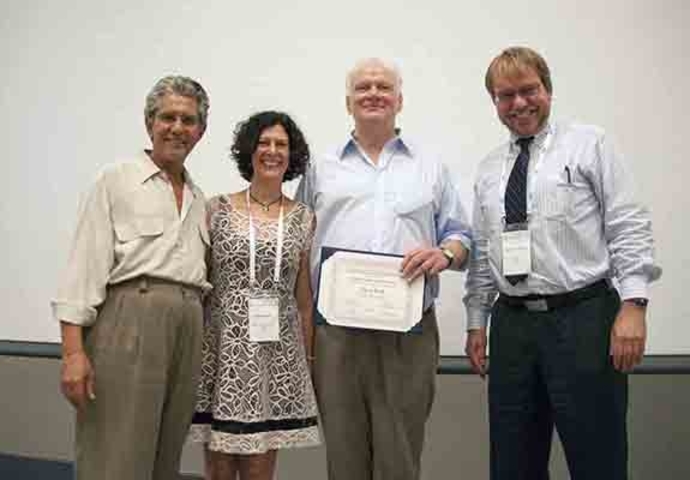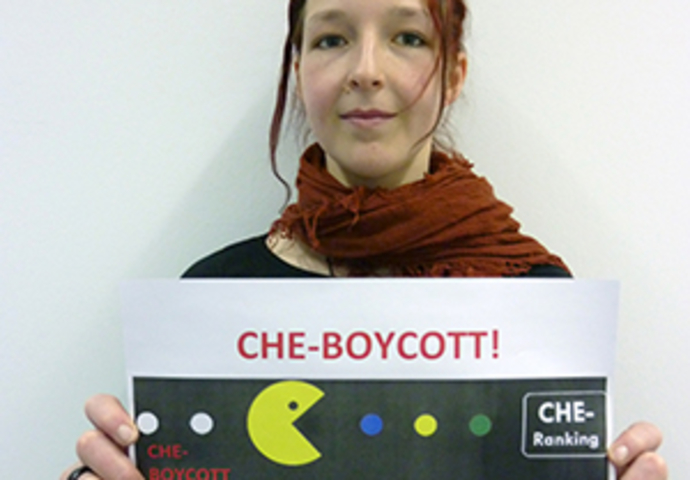
Sociological Marxism: What Remains to Be Done
Karl Marx and Karl Polanyi are key sources of inspiration for the sociological Marxism developed by Michael Burawoy together with his friend Erik Olin Wright. Marxism: roots, trunk, branches Burawoy understands Marxism as a living tradition; one rooted in the historical materialism, humanism and specific understanding of theory and practice of the young Marx. From these roots grew the great “trunk” of Marxism...







